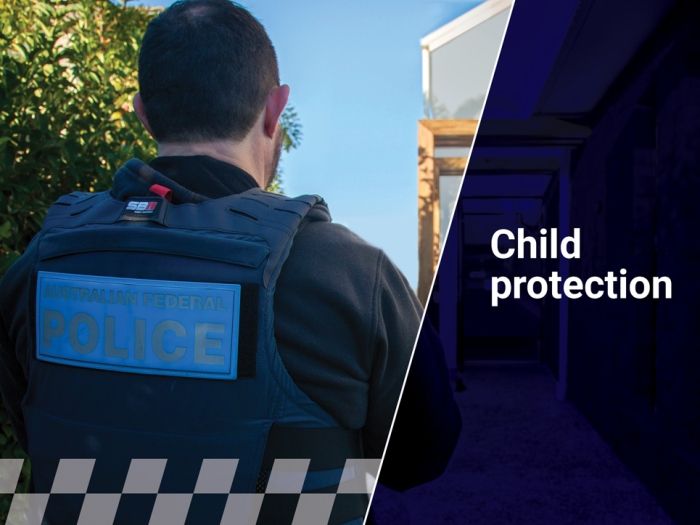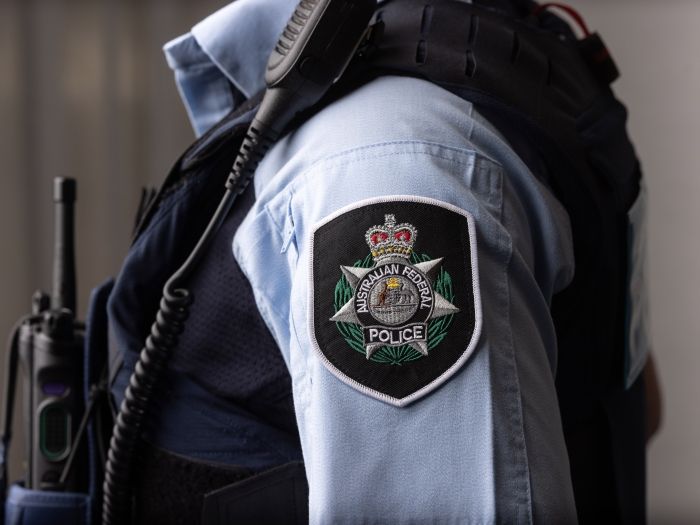WA man charged with alleged child-like sex doll offences
This is a joint release between Australian Federal Police and Australian Border Force
Editor’s note: Images of the package available via Hightail.
A West Australian man who allegedly attempted to import a child-like sex doll from China is expected to face Perth Magistrates Court today (24 October, 2025).
An investigation began in September, 2024, after Australian Border Force (ABF) officers intercepted a parcel addressed to the man, 54, and identified a child-like sex doll.
ABF investigators executed a search warrant at the man’s Innaloo home on 9 October, 2024, where they seized a further three child-like sex dolls, a mobile phone, laptop and other items.
The matter was reported to the Western Australia Joint Anti Child Exploitation Team (WA JACET), comprised of officers from the AFP and WA Police Force, which forensically examined the seized devices and allegedly found child abuse material on the laptop.
The man was charged with:
- One count of attempted to possess a child-like sex doll, contrary to section 273A.1 of the Criminal Code (Cth) by virtue of section 11.1 of the Criminal Code (Cth);
- Three counts of possess child-like sex doll, contrary to section 273A.1 of the Criminal Code (Cth); and
- One count of possess child abuse material, contrary to section 474.22A(1) of the Criminal Code (Cth).
The maximum penalty for each of these offences is 15 years’ imprisonment.
AFP Acting Inspector Fleur Jennings said research had shown people who used these types of dolls could become desensitised to the horrific damage caused by the sexual abuse of children.
“These dolls are far from harmless,” a/Insp Jennings said.
The evidence is clear the dolls are not used as a substitute for offending against real children, but in fact contribute to increased offending against children, including viewing of online child abuse material and contact sexual offending.
“The AFP will pursue any form of child exploitation or activity that encourages or reinforces the sexual abuse of children, which includes using items such as these dolls, which are legally classified as child exploitation material.”
ABF Superintendent James Payne said ABF officers remained the first line of protection at the Australian border when it came to preventing these abhorrent imports from entering the community.
“We are resolute in our commitment to seize any forms of child abuse material at the border, and we work side by side out law enforcement partners to ensure those responsible are prosecuted,” Supt Payne said.
The AFP and its partners are committed to stopping child exploitation and abuse and the Australian Centre to Counter Child Exploitation (ACCCE) is driving a collaborative national approach.
The ACCCE brings together specialist expertise and skills in a central hub, supporting investigations into online child sexual exploitation and developing prevention strategies focused on creating a safer online environment.
Members of the public who have information about people involved in child abuse are urged to contact the ACCCE. If you know abuse is happening right now, or a child is at risk, call police immediately on 000. If you, or someone you know, is impacted by child sexual abuse and online exploitation, support services are available.
Advice and support for parents and carers about how they can help protect children online can be found at the ThinkUKnow website, an AFP-led education program designed to prevent online child sexual exploitation.
For more information on the role of the ACCCE, what online child sexual exploitation is and how to report it, visit the ACCCE website.
Note to media
Use of term 'CHILD ABUSE' MATERIAL not ‘CHILD PORNOGRAPHY’
The correct legal term is Child Abuse Material – the move to this wording was among amendments to Commonwealth legislation in 2019 to more accurately reflect the gravity of the crimes and the harm inflicted on victims.
Use of the phrase ‘child pornography’ is inaccurate and benefits child sex abusers because it:
- Indicates legitimacy and compliance on the part of the victim and therefore legality on the part of the abuser; and
- Conjures images of children posing in 'provocative' positions, rather than suffering horrific abuse.
Every photograph or video captures an actual situation where a child has been abused.




